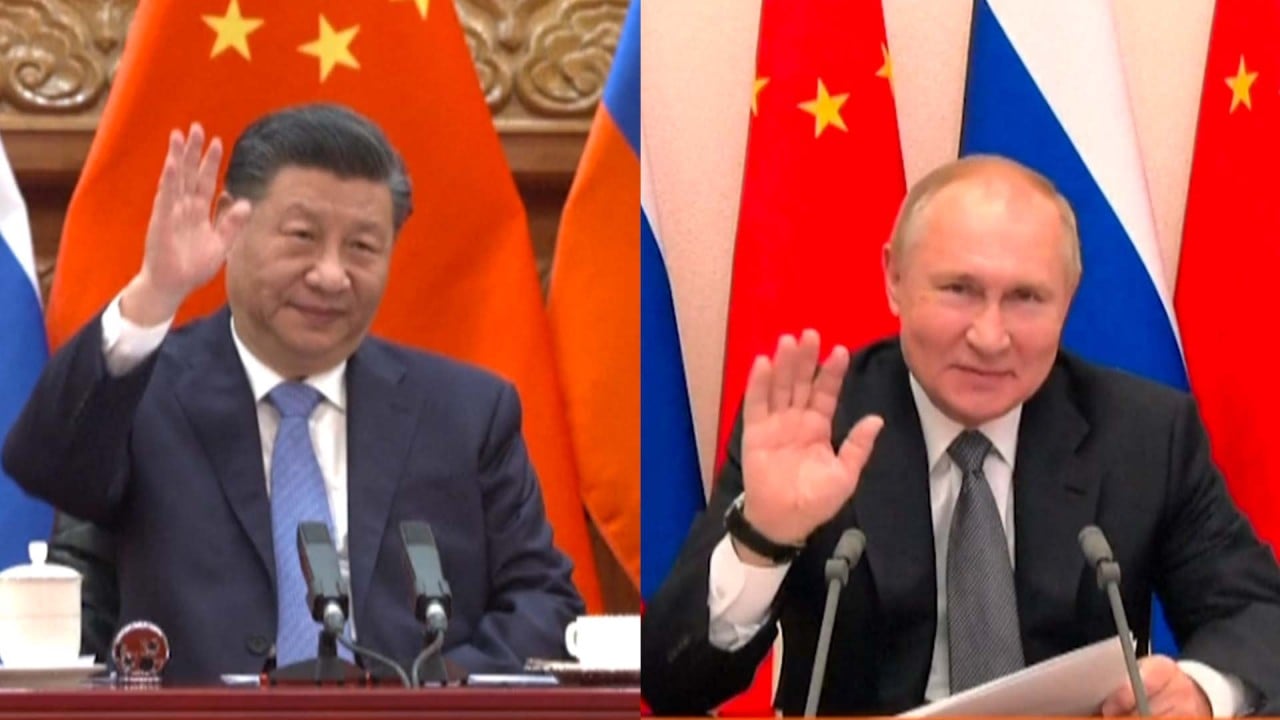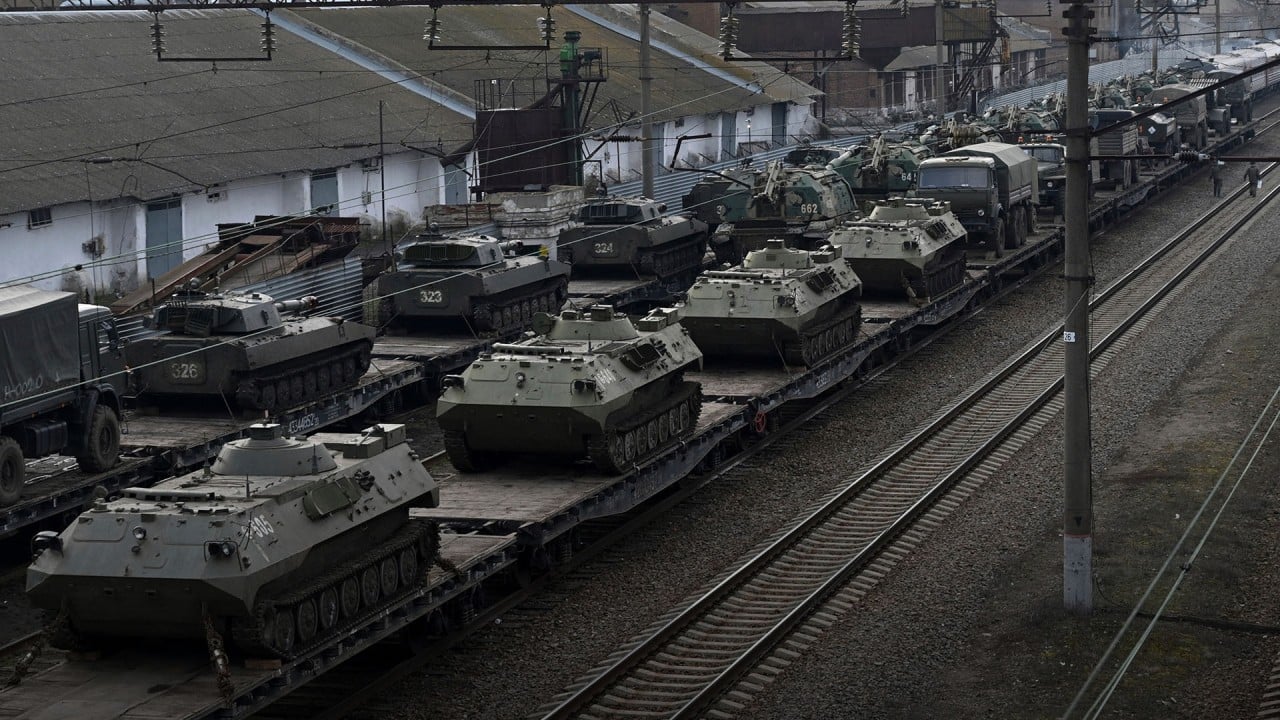
Didi Global back-pedals on plan to cease ride-hailing operations in Russia as Western allies close ranks against invasion of Ukraine
- The Beijing-based ride-hailing giant will continue operations in Russia, days after saying it would exit the country and Kazakhstan from March 4
- The company has been under duress since last summer, soon after its US$4.4 billion initial public offering in New York
Didi’s sudden change of plan in Russia has fanned speculation on whether it is under pressure amid Beijing’s opposition to economic sanctions against Moscow.
“It would be plausible to assume that the Chinese state shareholders have been able to reverse that decision,” said political economist Shirley Yu Ze, a senior practitioner fellow with the Ash Centre of Harvard Kennedy School, the public policy institution of Harvard University in Cambridge, Massachusetts.
“Chinese foreign direct investment in Russia will be a big indicator of this limitless partnership,” she said.
China-Russia friendship forged after bridging decades-old differences
Didi Chuxing cuts jobs as unresolved cybersecurity probe bruises business
Didi Global posted a 1.8 billion yuan (US$285 million) loss from its international operations in the third quarter of last year, compared to a 29 million yuan deficit from its domestic operations in the same period, according to the firm’s unaudited results.
Apart from its home market and Russia, Didi operates in various countries across the Asia-Pacific region, Central Asia, South America and Africa, according to information on its website.
China, however, has opposed sanctions imposed by the West on Russia. “Our position is that sanctions are fundamentally never effective in solving problems,” Chinese Foreign Ministry spokeswoman Hua Chunying said in a press conference this week. “We consistently oppose all illegal, unilateral sanctions.”
In an online commentary on Saturday, Mei Xinyu, a researcher at the Chinese Academy of International Trade and Economics Cooperation under the Ministry of Commerce, said Didi’s previous decision to close its Russian operations was “in line with business logic”.
“It was reasonable to cut loss-making international businesses to focus on domestic services,” Mei wrote.



